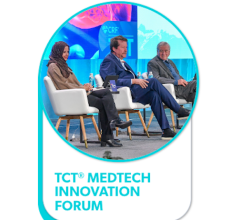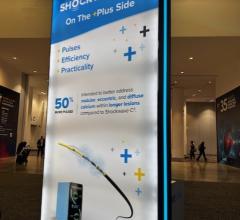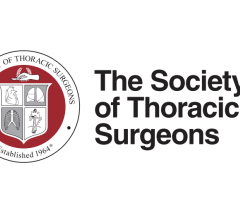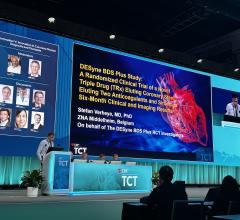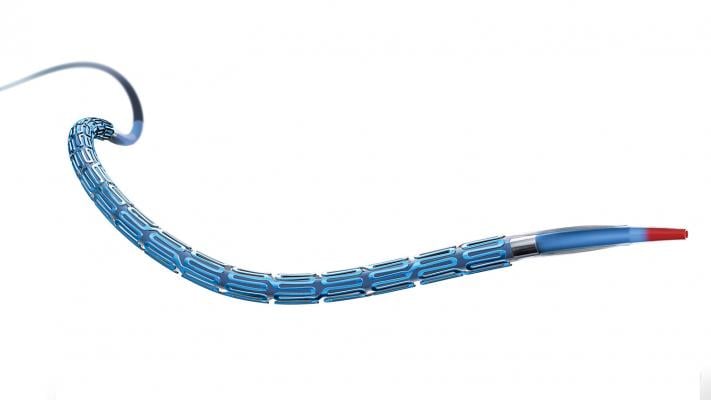
October 5, 2015 — The U.S. Food and Drug Administration (FDA) has approved Boston Scientific’s Synergy Bioabsorbable Polymer Drug-Eluting Stent System (BP-DES) for the treatment of coronary artery disease. This is the first stent approved on the U.S. market that uses a metallic stent with a bioresorbable polymer drug-carrier rather than permanent polymers, which have been implicated as a cause of late-stent thrombosis.
The stent features ultra-thin struts with an abluminal bioabsorbable drug/polymer coating technology that is absorbed shortly after drug elution is complete at three months.
With this FDA approval, Boston Scientific will commence commercialization of the first and only BP-DES in the United States.
The Synergy stent provides synchronized drug and polymer absorption. It is designed to enable more rapid and complete arterial healing, which reduces the risk of complications associated with long-term polymer exposure compared to currently-used drug-eluting stents (DES) with permanent polymers.
Existing DES devices reduce coronary restenosis, but the polymer remains on the stent after the drug is delivered. Long-term exposure to the polymer may cause inflammation, which delays healing and has been associated with complications, including neoatherosclerosis and stent thrombosis. The Synergy is designed for faster and sustained healing by eliminating long-term polymer exposure, the company said.
"Data from the EVOLVE II trial, which included the most complex patient population studied in a U.S. regulatory approval stent trial, demonstrated exceptional performance and safety of the Synergy stent," said Dean Kereiakes, M.D., principal investigator of the EVOLVE II trial and medical director at The Christ Hospital Heart and Vascular Center/The Lindner Research Center, Cincinnati, Ohio. "The U.S. cardiology community will have access to a bioabsorbable polymer DES which will provide excellent clinical outcomes and should optimize vessel healing."
Results previously reported from EVOLVE II — a global, multi-center, randomized, single-blind, non-inferiority pivotal trial — demonstrated zero percent definite stent thrombosis (ST) after 24 hours. Four-year EVOLVE trial data demonstrated a continued zero percent stent thrombosis rate and a very low target lesion revascularization (TLR) rate of 1.1 percent.
Follow-up Trials
Boston Scientific said it will continue to advance the clinical program supporting the Synergy stent with the initiation of the EVOLVE Short Dual Anti-Platelet Therapy (DAPT) Study, expected during the first quarter of 2016. The company has received an investigational device exemption (IDE) for this prospective study designed to assess the safety of three-month use of DAPT in patients at high risk for bleeding undergoing percutaneous coronary intervention (PCI) with the Synergy stent.
"The introduction of the first bioabsorbable polymer stent in the U.S. is a tremendous milestone in the evolution of stent technology," said Kevin Ballinger, president, interventional cardiology, Boston Scientific. "The Synergy stent is a next-generation therapy designed to improve patient outcomes and ultimately reduce healthcare costs associated with the treatment of coronary artery disease."
The Synergy received European CE mark in 2012.
For more information: www.bostonscientific.com

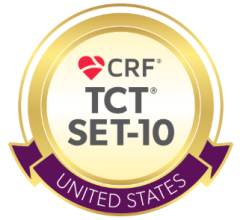
 October 31, 2025
October 31, 2025 



